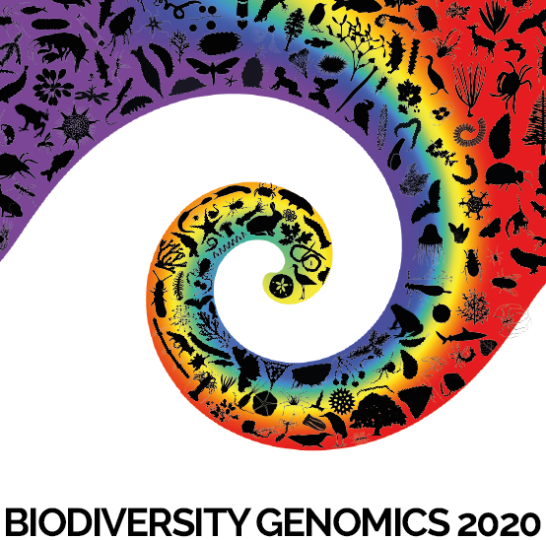Messaggi di Rogue Scholar
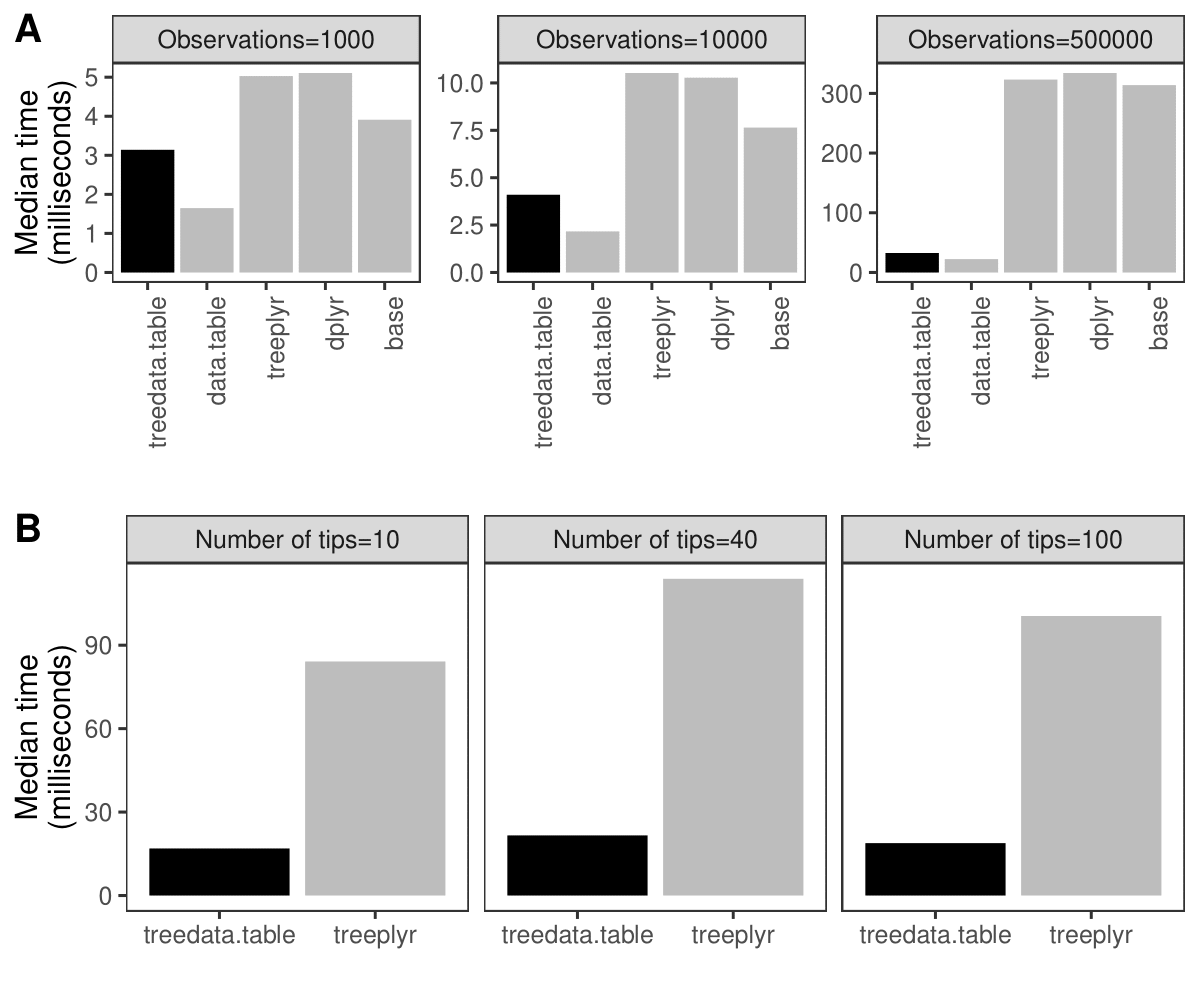
The data.table package enables high-performance extended functionality for data tables in R. treedata.table is a wrapperfor data.table for phylogenetic analyses that matches a phylogeny to the data.table, and preserves matching during data.table operations.Using the data.table package greatly increases analysis reproducibility and the efficiency of data manipulation operations over other ways of performing similar tasks inbase R, enabling
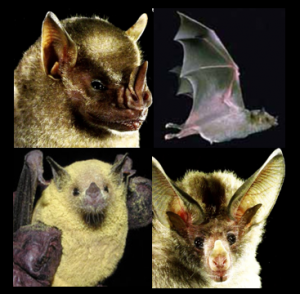
Bats are mammals like no other – airborne, mostly nocturnal, often hidden away in caves, capable of using echolocation for in-flight navigation. No two bat species are alike, however. Their diversity of morphology, life styles and feeding habits is staggering. New bat genomics research published today in GigaScience explores
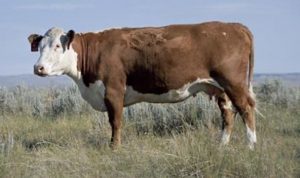
It’s DNA day, celebrating two historic milestones: The publication of the structure of DNA in 1953, and the completion of the human genome project in 2003.

As publishers of a lot of plant and animal genomes, the biggest conference for this research community is the appropriately named Plant and Animal Genome Conference (PAG). We’ve attended a number of these giant meetings in their San Diego base, and in recent years they have been branching out to host satellites in Asia (PAG Asia, which last year included a workshop that we participated in). And we attended the 28 th edition of the
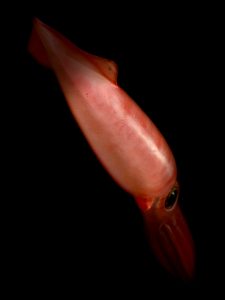
**Today, GigaScience published a report on the genome of a truly unique species: the giant squid Architeuthis dux . The elusive animal is the main character in ancient stories about sea monsters and it is known as “the kraken” in many legends. For a long time its mere existence was questionable, until, in 1857, the Danish naturalist Japetus Steenstrup made the link between those legends and the enormous cephalopod.

The Walter E. Washington Convention Center in Washington DC was the venue for this year’s ASCB|EMBO 2019 Meeting that took place on 7-11 December 2019. The American Society of Cell Biology conference, now merged with the EMBO meeting, is the largest yearly gathering for the cell imaging community, and GigaScience has attended in the past.

EMBL Heidelberg was the venue for the EMBL Symposium: Seeing is Believing – Imaging the Molecular Processes of Life that took place on 9-12 October 2019. This was the second EMBL meeting on imaging data we attending this year after VIZBI (see the write-up here), GigaScience Data Scientist Chris Armit was there and was astonished at how recent breakthroughs in imaging technology are enlightening our understanding of the Life Sciences.
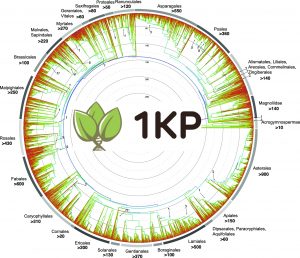
Lessons learned in the evolution of large-scale data sharing New studies out today elucidate the framework for 1 billion years of green plant evolution. The work are the results of nearly a decades work from an international consortium of nearly 200 plant researchers generating gene sequences from more than 1100 plant species.
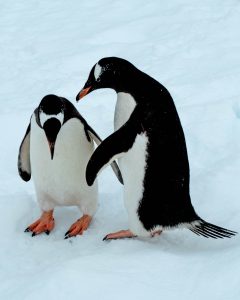
The Penguin Genome Consortium sequences all living penguin species genomes to understand the evolution of life on the ice. Published today in GigaScience is an article that presents the first effort to capture the entirety of the genomic landscape of all living penguin species.
